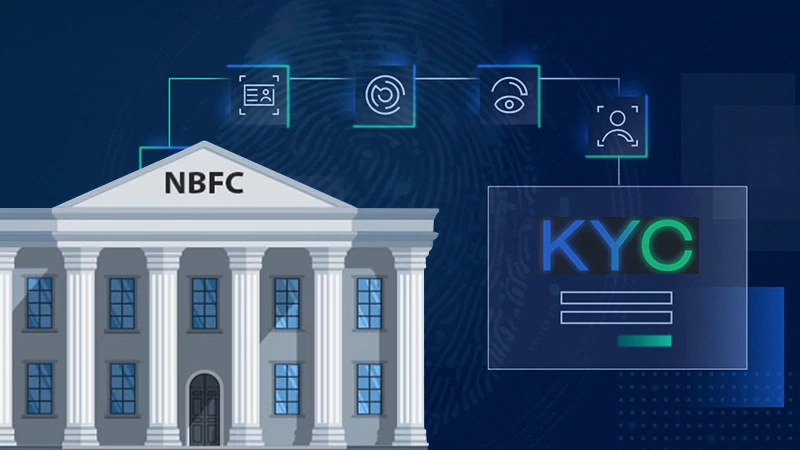Pros and Cons of Purchasing Real Estate With Hard Money
People with poor credit score generally go for hard money loans in order to support their housing/property related purchases. There are various pros and cons of choosing hard money loans. Let’s see them below:
Here Are Four Advantages Of Having A Loan With Hard Money:
Rapid Process
There are fewer hoops to go through, because you are dealing with one particular lender or a small group of lenders. Hard money lenders are not interested in how much debt you have or in your credit score. Because the property is the asset that will sustain the loan, they are only interested in how much value they see in the property. Therefore, real-estate agents must get an idea about the value of their property before contacting you , and there are many apps to help them with the same, for instance, Showcase IDX is a platform that helps real estate agents and brokers to sell their properties, you can learn more here about its unique features.
You may have your loan within a couple of days or a couple of weeks, depending on your lender. Securing a more conventional mortgage could take one to three months.
Will More be Borrowed
Traditional mortgages demand that you put down at least 5% of the purchase price. Banks recommend that you put down 20% of the purchase price, which would also give you better loan terms. You’ll also have to buy mortgage insurance if you put down less than 20 percent, which would raise your monthly mortgage payment.
The lender could be able to lend you 100 percent of the purchase price with a hard cash loan. You will only be liable to pay the origination fee and the annual interest without a down payment before you pay the loan off in full.
Relationship Establishing
The lender would also continue to work with you in the future if you have demonstrated a history of upholding the terms of the contract and paying your loan back on time, or even early. The lender might be prepared to lend a higher percentage of the purchase price, lower the origination fee or decrease the amount of time it will take to collect the loan.
Nice When Starting Out
Hard cash loans allow you to buy property with very little money of your own when you are just starting out. You will be able to secure a line of credit from a bank after you have established yourself as an investor, instead of using a hard money loan, which would have a much lower interest rate.
While There are Advantages to Securing a Hard Cash Loan, You Also Need To Weigh 4 Risks
High-Rate of Interest
There are much higher interest rates on hard money loans than on conventional loans. Lenders are willing to charge these rates because they know there are few funding choices for borrowers. It is normal to have interest rates between 10 percent and 20 percent.
Since the lender still takes a gamble by lending too much money, they want to make sure that you have an opportunity to quickly pay it back.
Fee for High Origination
An origination fee is a fee that would be paid by the lender to process the loan. It is a loan percentage.
Again, this is a riskier venture, so the lender of hard money tries to cover himself. A lender can charge a typical lender as much as five times the sum. For instance, if a traditional bank charges one percent of the total loan as an origination fee, five percent of the total loan might be charged by a hard money lender.
Not for A Long Period
Although getting a 15-year mortgage or a 30-year mortgage is common, this is not the case for hard cash loans. Although every deal is different, within a few months or a few years, these loans always have to be repaid. If the loan is not repaid within the first few months or years, it will raise the already high interest rate.
Losing Ownership
Since the physical property is the loan’s guarantor, not you directly, you will lose the property if you do not pay off the loan.
Follow Us
Latest Post
















